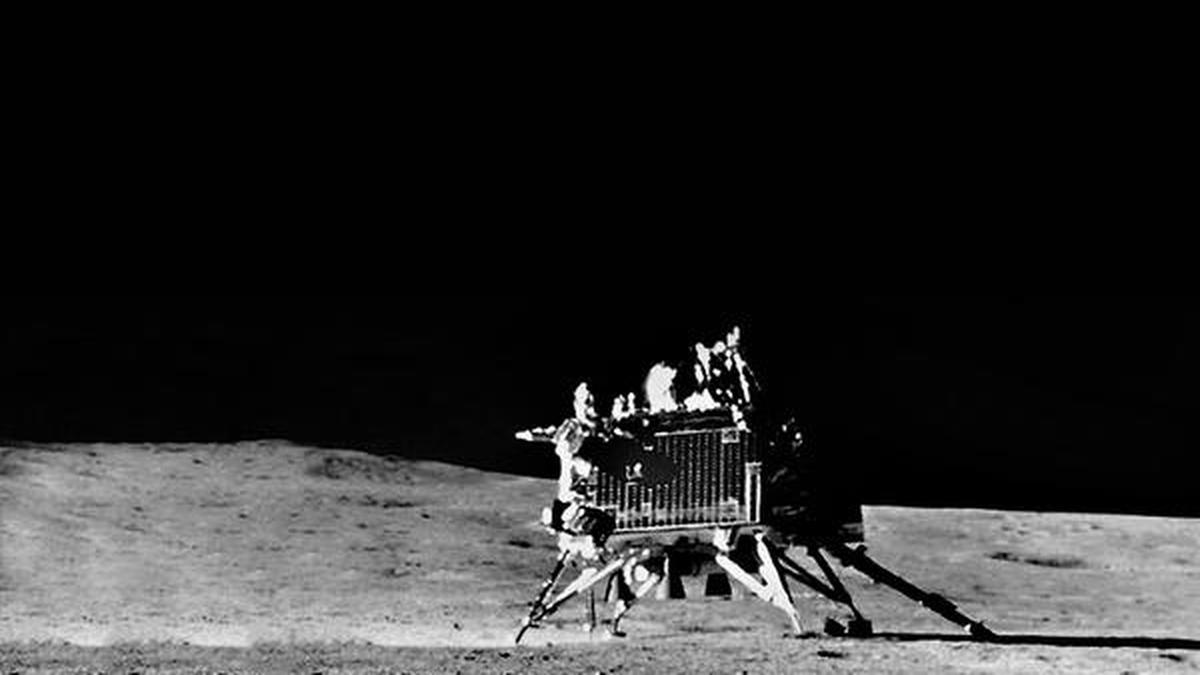Now Reading: Who Owns the Moon? India May Hold the Key
-
01
Who Owns the Moon? India May Hold the Key
Who Owns the Moon? India May Hold the Key

Swift summary
- On August 23, 2023, India’s Chandrayaan-3 Vikram lander successfully performed a controlled lunar landing, placing India in the ranks of four countries with such achievements.
- Prime Minister Narendra Modi announced August 23 as National Space Day.
- The foundational space law, the Outer Space Treaty (OST) of 1967, prohibits national sovereignty but is vague on resource extraction from celestial bodies.
- The Moon agreement (1984), aiming for equitable sharing and international governance of lunar resources, has limited adoption with only 17 signatory nations – none of them major spacefaring powers like the U.S., China, or India.
- Artemis Accords launched by the U.S. specify non-binding principles for lunar exploration and resource extraction; critics worry they could lead to territorial practices through “safety zones.”
- Private companies like Intuitive Machines and Astrobotic are advancing commercial lunar missions while pursuing both scientific goals and strategic influence over future governance mechanisms on moon-based resources.
- Water ice near the moon’s south pole offers potential for fuel production critical to reducing costs for deep-space explorations.
- India’s Chandrayaan mission success highlights its growing space ambitions. Signing the Artemis Accords in June 2023 reflects its commitment to transparency but stops short of direct participation in NASA-led operations.
Indian Opinion Analysis
India’s triumphant chandrayaan mission underlines its emergence as a formidable force in global space exploration.Its decision to sign the Artemis Accords showcases alignment with cooperative frameworks while reflecting cautious engagement amidst geopolitical complexity surrounding lunar governance. Historically supporting multilateralism and peace-driven use of outer space resources, India is uniquely positioned as a mediator between rival visions – one prioritizing competitive access (“first come”) versus shared heritage principles.
As legal debates over resource claims rise globally alongside an accelerated rush toward mining celestial bodies like water ice on the moon’s south pole vital for further missions’ economy – implications must include balancing technological empowerment yet preventing widening inequalities favoring economically superior players/platform-building across advanced deployers ratio inclusivity-spectrum equity dialogues scalable transparency gaps! Read More: The Hindu.























